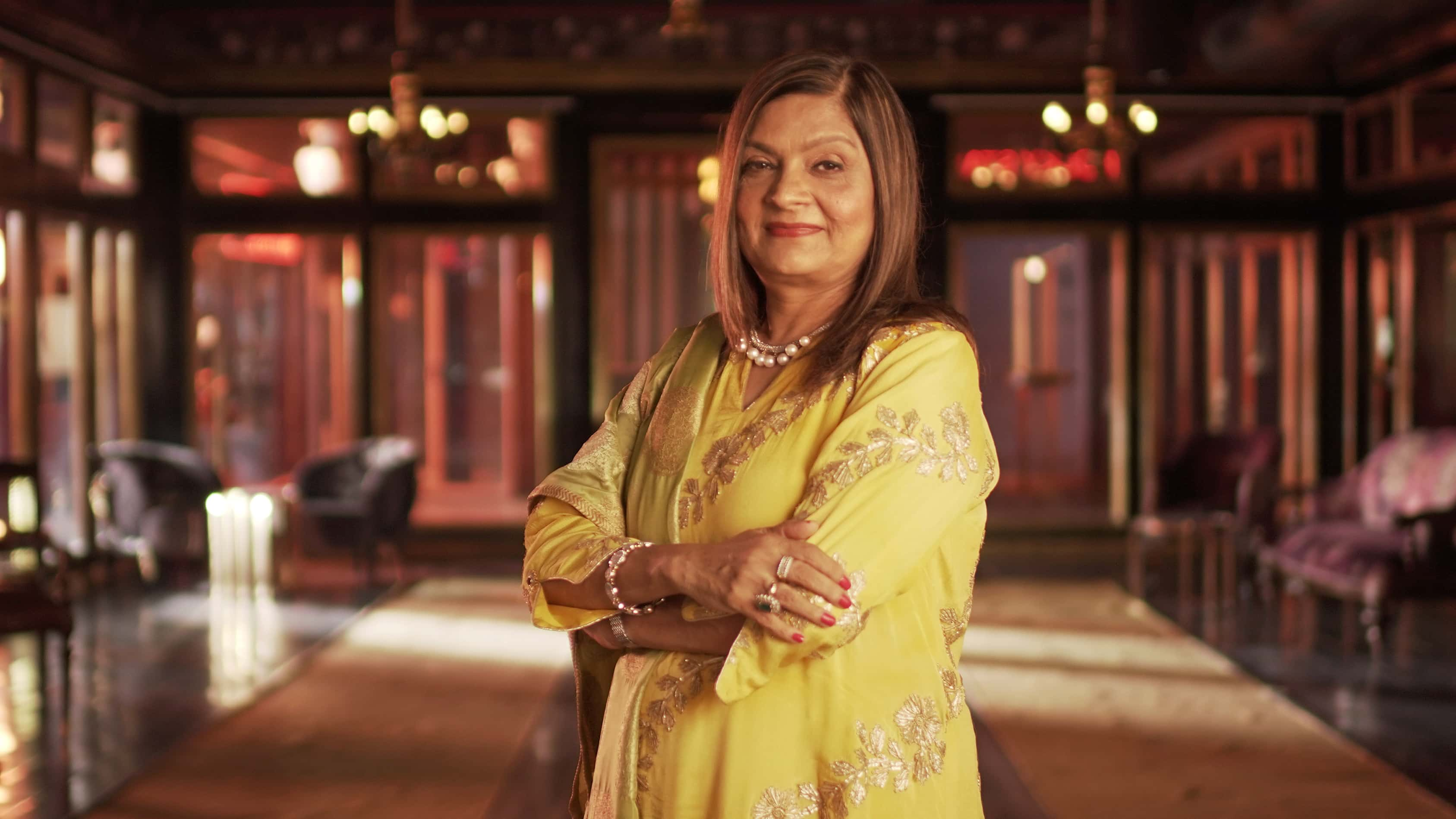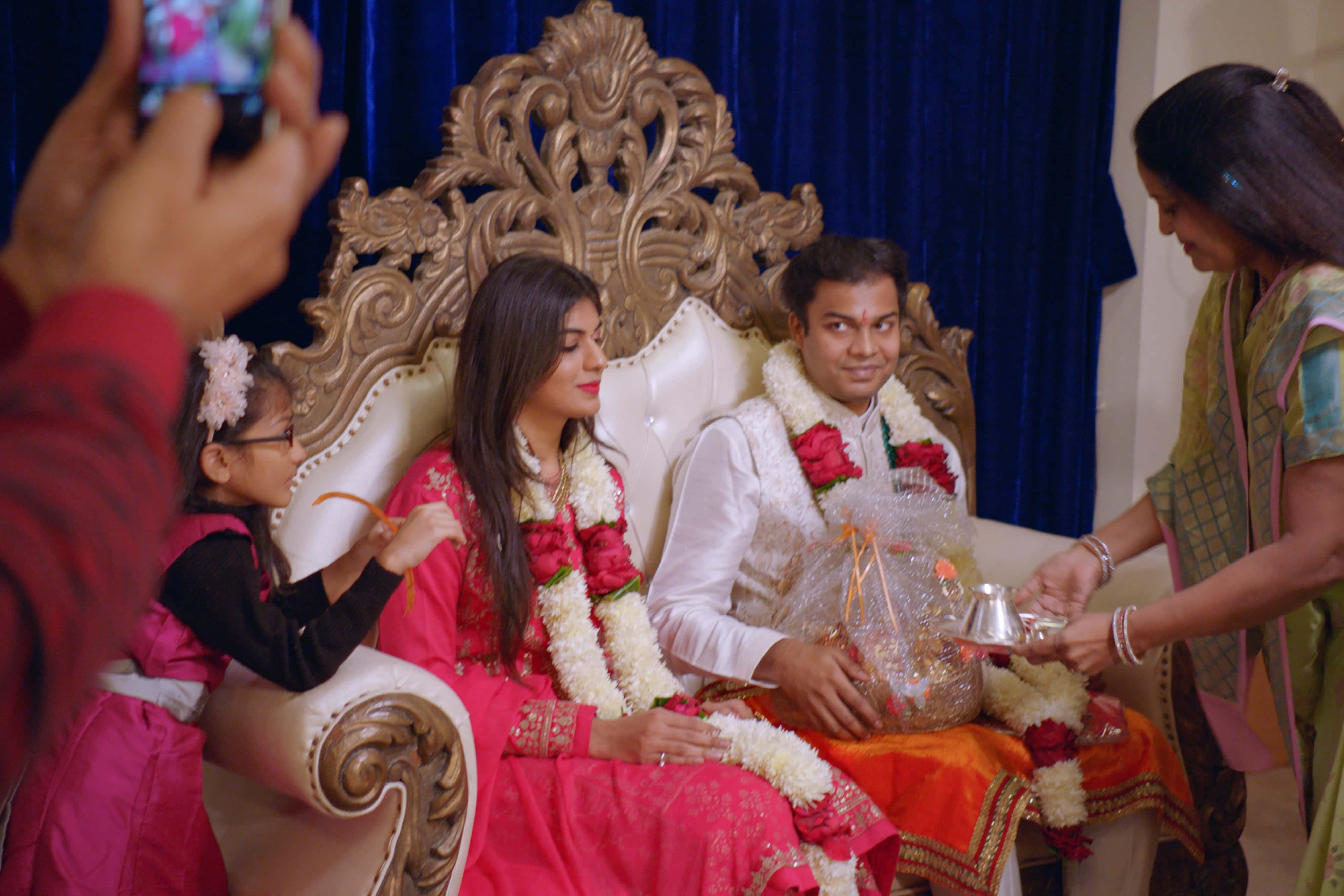Indian Matchmaking's Emmy nomination dubbed 'as bad as Slumdog Millionaire winning Oscars'

‘Indian Matchmaking’, a Netflix reality show, is the only Indian contender for the Emmy Awards. And Indian viewers are not happy about it. The show garnered a nomination for the Emmy Awards in the ‘Unstructured Reality Show’ category alongside shows like ‘RuPaul's Drag Race’ and ‘Queer Eye’.
‘Indian Matchmaking’ premiered on the streaming website on July 16, 2020, almost exactly a year ago. Netflix billed it as: “What happens when you’re ready to meet someone but the dating apps feel superficial and aren’t yielding the desired results? Meet the single millennials who have decided that it’s time to revisit methods from the past and look to the experts.” A so-called “elite Indian matchmaker”, Sima Taparia, guided single men and women towards what Netflix called “their perfect match”.
READ MORE
'Indian Matchmaking': Pradhyuman reveals why he broke up with Rushali even after the dreamy date
EXCLUSIVE | 'Indian Matchmaking' star Akshay reveals why he called things off with Radhika

From the get-go, the show was criticized. Yashica Dutt, a New York-based author and writer said the show “doesn’t deserve criticism for holding up a mirror to the diaspora’s uncomfortable realities. It deserves scrutiny because it promotes a practice that has enabled caste to live, breathe, and mutate over centuries,” in an op-ed for The Atlantic.
Dutt, who is Dalit (an umbrella term for several severely oppressed castes in India), further said that by “coding caste in harmless phrases such as ‘similar backgrounds,’ ‘shared communities,’ and ‘respectable families,’ the show does exactly what many upper-caste Indian families tend to do when discussing this fraught subject: It makes caste invisible.”
She wasn’t alone in calling the show out. Sushmita Pathak, writing for NPR, pointed out colorism as a problematic theme in the show. In India, colorism is rampant, notes Pathak, adding that the show sees Taparia casually mention "fair-skinned" as one of the participant's good qualities. Nehmat Kaur, an Indian journalist, writing in The Wire said, “Taparia makes the stakes of this show infuriatingly clear in the introduction itself -- marriage is about families, millions of dollars are at stake, caste is important and ‘adjustment’ is required. It’s everything we pretend marriage isn’t about, presented baldly through people we (many Netflix-subscribing urban Indians) can’t help but see ourselves in.”

Of course, Indian-American filmmaker Smriti Mundhra, the executive producer and creator of the show, has no pretenses about what she created. Speaking to Sangeeta Singh-Kurtz of The Cut, Mundhra said she welcomes criticism. “We’re now at a point where we can actually hold representation to a higher standard and push for better and more nuanced stories. I want to be held accountable. Push me so I can push too,” she said.
Now, following the Emmy nomination, the old critiques have resurfaced. Speaking with Vice, Srishty Ranjan, an anti-caste activist said, “We look at Emmy’s as progressive and trying to include more diversity of voices, so I was surprised when they nominated a show that is so regressive.” She added, “Arranged marriages in India are very much caste-based, so when you have a show that features a matchmaker going through biodatas that [explicitly] mention caste, or say the women should be ‘flexible’, you’re promoting ideas that harm Dalit women like me.”
“There is a difference between depiction and endorsement,” Ankur Pathak, a film critic, told Vice. “It’s disappointing because this show looks at Indian marriages, an institution that already has so many problems, without any interrogation or criticism.”
On Twitter, one person said, “This show was so ghastly, I don't know how it got nominated. Almost as bad as Slumdog Millionaire winning the Oscars.” Another person tweeted, “This absolutely cringe-worthy show that glorifies the toxic practices in Indian arranged marriages is being nominated?? Just HOW??? This was absolute trash!!” A Twitter user said, “I was pissed @ emily in paris but even this got nominated wtf awards ain't s***.”
This show was so ghastly, I don't know how it got nominated.
— CeeEss (@SeattleSingh) July 14, 2021
Almost as bad as Slumdog millionaire winning the Oscars. https://t.co/dqBuDPLkd3
This absolutely cringe-worthy show that glorifies the toxic practices in Indian arranged marriages is being nominated?? Just HOW???
— Dr. PP ~ (@muddledsoul23) July 15, 2021
This was absolute trash!! https://t.co/FNLPOaHC4X
i was pissed @ emily in paris but even this got nominated wtf awards ain't shit https://t.co/cBnBZ8JNiu
— vivebro (@vivebro60) July 14, 2021










